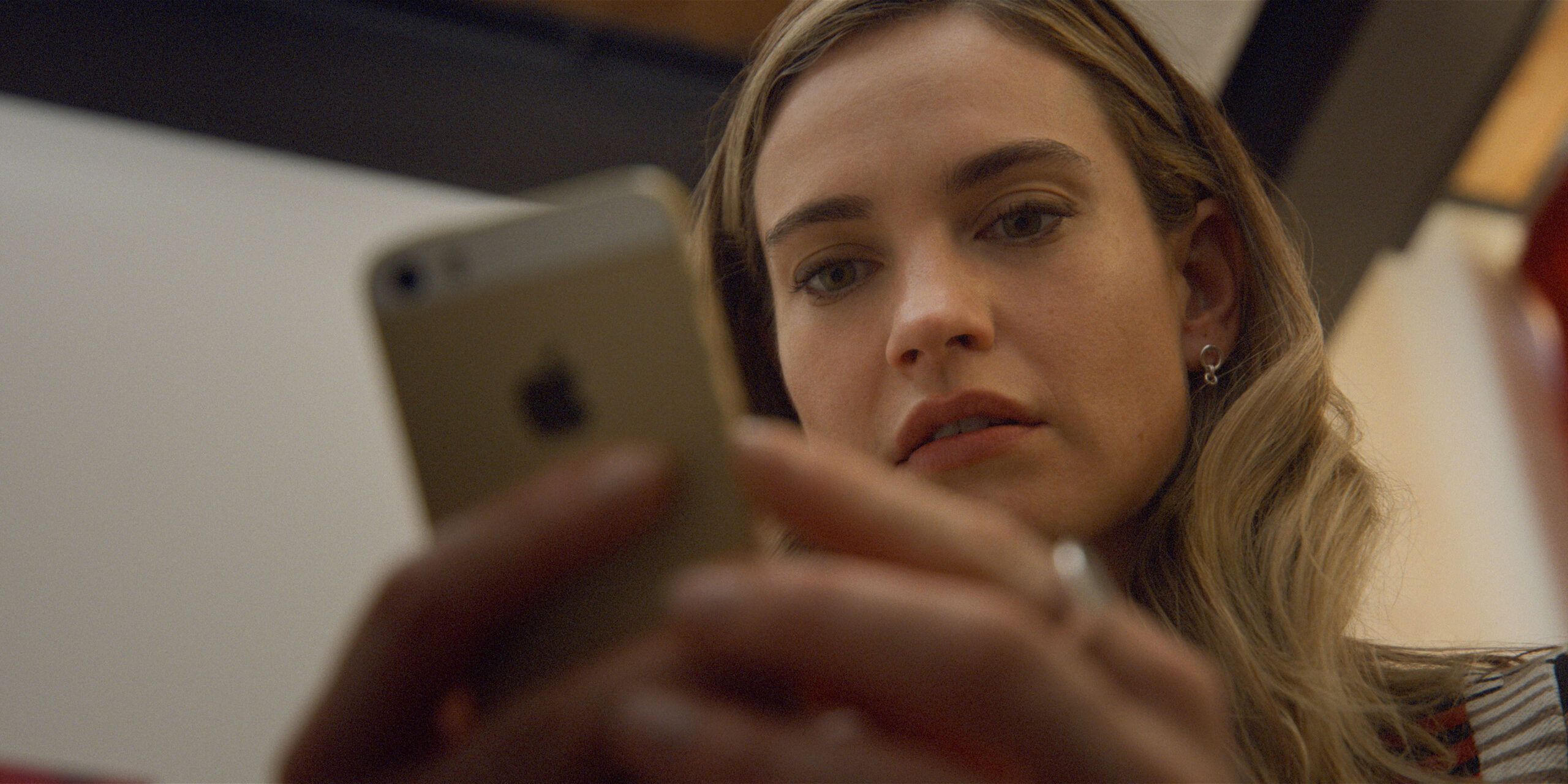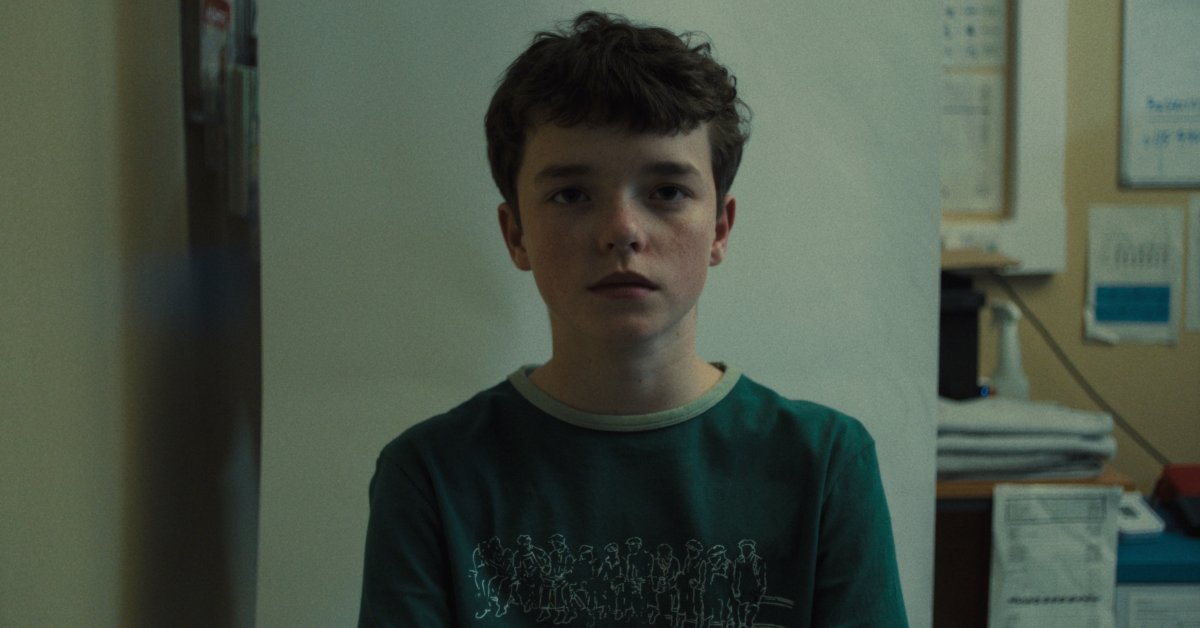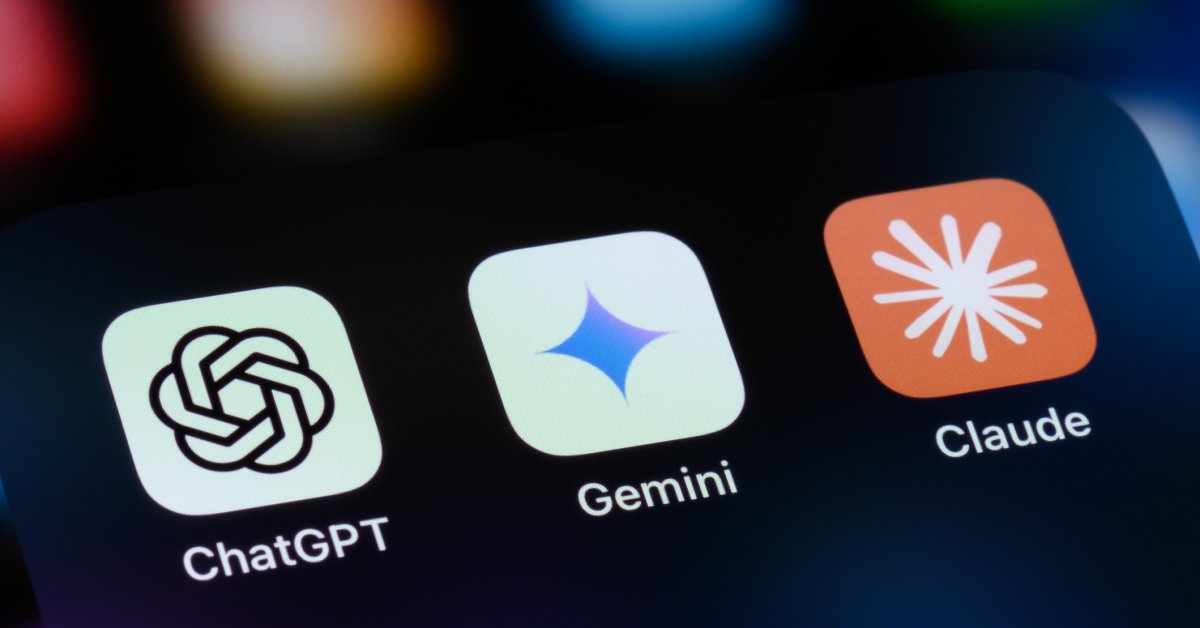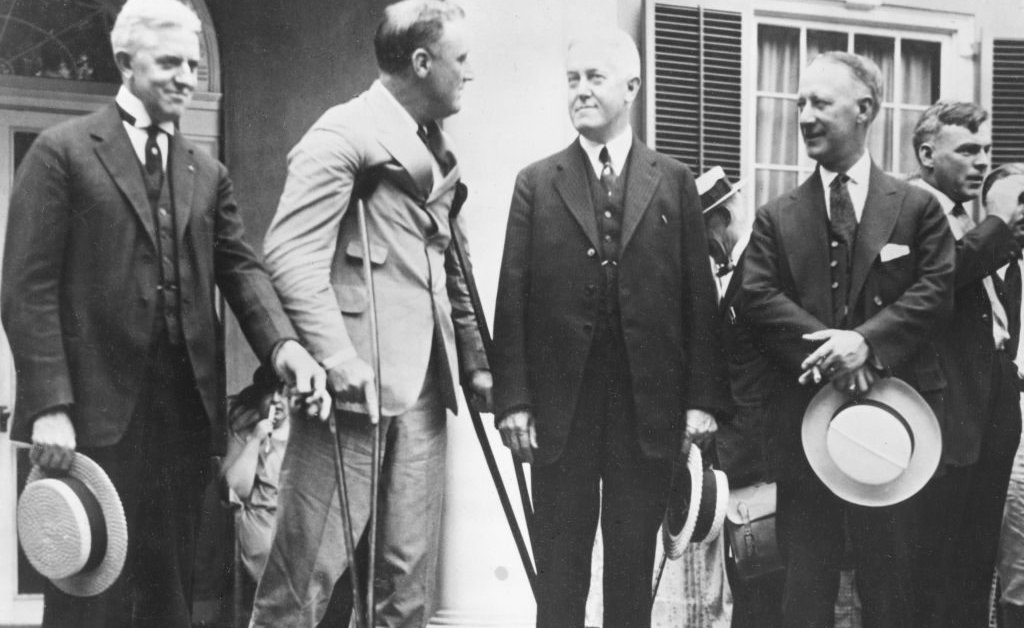
Whitney Wolfe Herd changed the dating landscape forever. After co-founding the extremely popular dating app Tinder, she developed her own dating app, Bumble, which came with a crucial difference: Women had to make the first move, allowing them to take control of the online dating experience.
Swiped, directed by Rachel Lee Goldenberg, charts Wolfe Herd’s journey over a decade. The story begins with her position as co-founder at Tinder, followed by the brutal falling-out at the company that led to a highly-publicized lawsuit, which in turn led to a media storm painting her as a liar and opportunist. But Wolfe Herd emerged on the other side of harassment and threats to found Bumble, and at 31 became the youngest woman to take a company public and the youngest self-made billionaire. Ahead of the film’s world premiere at the Toronto International Film Festival, Goldenberg and star Lily James sat down to discuss bringing her story to the screen. “Her trajectory was inspirational, and so cinematic to me. She takes some of the most difficult, painful moments in her life and forges them into this big success,” says Goldenberg.
[time-brightcove not-tgx=”true”]
James, who plays Wolfe Herd, was drawn to how the entrepreneur navigated such a challenging industry. “I couldn’t believe that I didn’t know her story,” she says. “The fact that Whitney was so pivotal in the inception of not one but two of these apps, and then learning about her story and her journey as a woman in a male-dominated industry—which the tech world notoriously is—I wanted to be a part of sharing that.”
Making a film about Wolfe Herd, without Wolfe Herd

Though Goldenberg and James (who also produced the movie) were excited to tackle Wolfe Herd’s story, making a film would be complicated by the fact that their subject was unable to participate because of the conditions of her NDA as a result of her lawsuit against Tinder.
“It was a huge responsibility for me to take on this woman’s story, especially because there were legal issues that prevented me from speaking with her,” says Goldenberg. “My writing partner Bill Parker and I took it on ourselves to do as much research as we possibly could, to start from a place of knowing everything there is to know. We pored over her lawsuit, read every article, watched every interview about anyone even tangentially involved.” But she makes a key distinction about the kind of movie this is. “Swiped is inspired by, not based on. We’re shaping that research, and using as much truth and accuracy as we can, and then also focusing on the emotional truth.”
“The film was entirely sourced from the public domain,” says James. A passionate researcher, James dove into everything that was given to her about the woman she was to play. “I leaned into studying as much as I possibly could, watching every podcast and masterclass, every interview. I just wanted to find the humanity and the woman inside of this story.”
For James, becoming Whitney was about more than replicating her voice and cadence, though that was a key part of her preparation. “I love looking at how people speak. Rhythm, the pace at which people breathe, how fast they talk,” says James. “Watching Whitney, you could tell her brain works very, very fast. I wanted to change the rhythm that I as Lily inhabit, to match Whitney’s. To become Whitney, I really had to bring myself. I wanted to be as fearless as I’ve learned that Whitney is, and show up with all my own vulnerability, flaws, and heart, to create a multi-dimensional character.”
Swiped has an electric, relentless momentum buoyed by rapid pacing and a lively score from composer Chanda Dancy. These elements were meant to match the furious energy of a tech start-up. “The word that we were using was ‘propulsion,’” says Goldenberg. “Whitney is a go-getter. She’s tenacious; she’s pushing us forward. She’s pushing, pushing, pushing, and as things start to turn, Whitney’s all of a sudden getting yanked through things,” she continues, referring to the moments that led Whitney to leave and sue Tinder. “It’s not this slow, sad depression. It’s a pounding, can’t-escape-from-it, energetic turn. Everything’s working together to create that movement.”
A swift rise and then a turn in public opinion

The scenes that take place at Tinder, which comprise roughly half the movie, feel exciting and full of possibility. We see Wolfe Herd (then Wolfe) take up a key stake in the company, coming up with its name and providing essential insight that proves vital to the app’s success. In one of the most memorable scenes, she travels with coder Tisha (Industry’s Myha’la, playing a fictional character) to college campuses to try and get the word out about Tinder. In order to convince a sorority to get on Tinder, she tells them popular fraternities have already signed up—except they haven’t, and she then has to run across campus to recruit them before the sorority girls can make their profiles.
This go-getter attitude and ability to think on the fly was key to launching Tinder as a popular dating tool on campuses. “Whitney brings this energy and passion to this pitch,” explains Goldenberg, “and then gets herself in trouble and has to run around. The real Whitney has spoken about running all over the place, telling people that other people signed up, to create the fury around it that she did.”
In the film, Wolfe Herd begins a romantic relationship with co-founder Justin Mateen (Jackson White). Their eventual break-up leads to the beginning of the end for her at Tinder. On screen, Mateen constantly harasses her via text message. (Mateen’s texts were part of the lawsuit Wolfe Herd would later file, and the texts he sends to her in the film are presented verbatim). In Swiped, his frustrations over their relationship ending are a big reason why Wolfe Herd’s time at Tinder unravels. She discovers a TIME article that doesn’t mention her as a co-founder, or name her at all. “That TIME Magazine moment is very specific—it’s based on a real article and a real photo—and sets off alarm bells for Whitney,” says Goldenberg. (She would be named one of the magazine’s 100 Most Influential People four years later.)
Things get worse from there, and the movie shows Wolfe Herd finding herself kept out of key meetings as her position at the company begins to rapidly diminish. When she comes forward to founder Sean Rad (Ben Schnetzer) about harassment and the shift in work culture, she’s immediately let go. In 2014, Wolfe Herd filed a lawsuit against Tinder, detailing 18 months of harassment that she alleged began in 2012. The suit was settled out of court, and Wolfe Herd signed an NDA as part of the settlement—which ultimately rendered her unable to participate in the making of Swiped. The settlement was leaked, which brought a tidal wave of public opinion siding against Wolfe Herd, who couldn’t respond as the leak didn’t absolve her of the agreement she signed.
A new company, and a shift in tone

But out of darkness came opportunity, when Andrey Andreev (Dan Stevens), owner of holding company MagicLabs (which owned another major dating app, Badoo) approached Wolfe Herd with an offer she couldn’t refuse: the chance to make a dating app of her own. Wolfe Herd moved to Austin, Texas, in December 2014, bringing along her former colleagues from Tinder (represented by fictional characters in the film, Tisha and Mary Neely’s Beth) to found what would become known as Bumble.
The movie makes a point to differentiate these three women’s initial discussions on the kind of experience Bumble should be from the culture and tenor of Tinder. Joy radiates in the room, and a dog-eat-dog environment where people cut each other off is replaced by open collaboration. “That was the goal of this scene,” says Goldenberg. “We have this bright, happy new office they’re moving into. They’re literally unpacking and working together to set up the office in a way that felt indicative of the app they’re building. We worked a lot with My’hala, Mary, and Lily to create as much positive energy as we could. We rehearsed a lot to keep them really active and to encourage them overlapping each other, but not in an interrupting way.”
Bumble had an enormously successful rollout. In its first year, the app hit 1 million users with the focus of creating a safe and fun environment for women to date. By 2016, that number had risen to 8 million, 12 million in 2017, 27 million in 2018 and 35 million in 2019. Today, Bumble has nearly 40 million active monthly users. Wolfe Herd also advocated for stricter laws and regulations online, championing the passage of Texas House Bill 2789, which made the sending of unsolicited, explicit images a punishable offense. In November 2019, MagicLabs was bought out by BlackRock, which installed Wolfe Herd as CEO, giving her purview over the entire MagicLabs/Badoo empire.
Inspiring more women in entrepreneurship

As played by James, Wolfe Herd experiences remarkable growth throughout Swiped, but not the kind you might expect. She’s already a tenacious and brilliant mind from the first scene. In Swiped, we see how she overcomes toxic work cultures and pushes against them for the greater good.
“In these industries, where you’re working mainly with men, there is this balance of being rewarded for fitting in, and being shunned for pushing back. Whether unintentionally or not, there’s a benefit of going with the flow, bro-ing out, being one of the cool kids,” says Goldenberg. If you’re the one saying, ‘Oh, I don’t know if it’s polite to say that’, then you’re perceived as annoying and not invited to the drinks after, or included in the next job,” she adds. In the movie, Wolfe Herd initially welcomes this attitude while at Tinder. “Our version of Whitney has these flaws. And I actually think the most amazing thing about her is going from that to questioning that and pushing back on it and having that full arc.”
It’s exciting to watch James-as-Wolfe Herd come into her own despite all the curveballs thrown at her, to thrive as a woman in an industry where it’s especially hard to thrive. James hopes that the film can get more women excited about pursuing their passions: “If this film can encourage or inspire women to get into entrepreneurship, to follow their dreams in an entrepreneurial sense, or even provoke a conversation, then I would feel really proud.”








